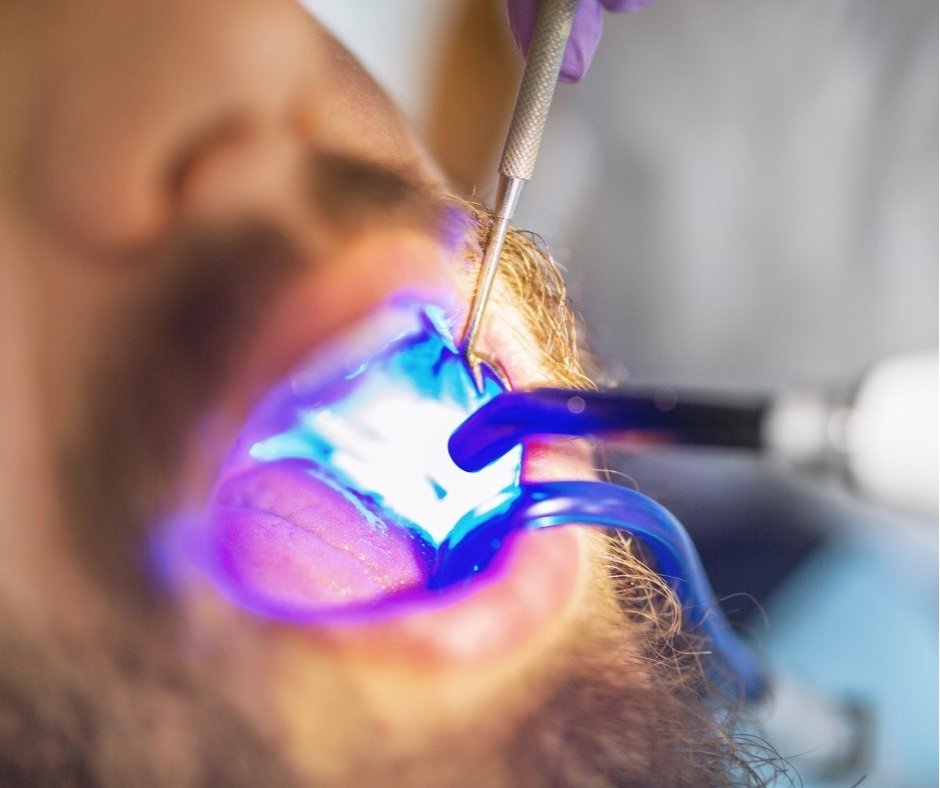Signs Of Dental Decay: When Do You Need A Dental Filling
Good oral health is essential for a bright and confident smile. However, dental issues such as dental decay can affect anyone, causing discomfort and potential long-term damage if left untreated. Dental decay, also known as dental caries or cavities, is a common dental problem that occurs when the outer layer of the tooth, known as enamel, starts to break down due to the acid produced by bacteria in the mouth.
In this comprehensive article, we will explore the signs of dental decay and discuss when you may need a dental filling to restore your tooth's health.
A Bridgeport dentist at KWC Dental can provide you with expert guidance on how to detect dental decay early on and take the necessary steps to avoid further deterioration of your teeth.
Understanding Dental Decay
Dental decay is a progressive process that begins with the demineralization of the tooth enamel. The primary culprit behind dental decay is plaque, a sticky film that forms on your teeth and contains bacteria. When you consume sugary or starchy foods, the bacteria in plaque produce acids that attack the tooth enamel, leading to its breakdown.
As dental decay progresses, it can penetrate deeper into the tooth structure, reaching the dentin and potentially reaching the tooth's pulp. Without timely intervention, this can result in severe pain, infection, and the need for more extensive dental procedures like root canal therapy or tooth extraction.
Recognizing the Signs of Dental Decay
Early detection of dental decay is crucial for effective treatment. By being aware of the following signs, you can identify potential dental decay and seek professional dental care from a Bridgeport dentist promptly:
1. Tooth Sensitivity
Increased tooth sensitivity to hot or cold temperatures can be an early indication of dental decay. If you experience discomfort or pain when consuming hot or cold foods or beverages, it is advisable to consult your dentist. Tooth sensitivity may be a sign that the protective enamel layer has been compromised, exposing the underlying dentin.
2. Toothache
Persistent or recurring toothaches should never be ignored. A toothache can be a sign of dental decay, particularly when it is accompanied by other symptoms such as sensitivity to pressure or temperature changes. Ignoring a toothache can worsen the condition, leading to more extensive dental problems.
3. Visible Holes or Discoloration
Inspecting your teeth regularly can help you identify any visible signs of dental decay. Look for dark spots, visible holes, or areas of discoloration on the surface of your teeth. These visual indicators may suggest the presence of decay and should be promptly addressed by a dental professional.
4. Bad Breath
Persistent bad breath, also known as halitosis, can be a result of dental decay. Bacteria associated with tooth decay release foul-smelling gases, contributing to unpleasant breath odor. If you experience chronic bad breath despite maintaining proper oral hygiene practices, it is advisable to consult your dentist to rule out dental decay as a potential cause.
5. Changes in Texture or Shape
As dental decay progresses, it can cause changes in the texture or shape of the affected tooth. You may notice rough or uneven surfaces or the tooth may appear chipped or broken. These changes can be indicative of decay and should be evaluated by a dental professional.
When to Consider Dental Fillings
Dental fillings are a common treatment option for dental decay. They are designed to restore the damaged tooth structure and prevent further decay progression. A Bridgeport dentist at KWC Dental may recommend a dental filling if:
a).The decay has not progressed to an extent that requires more extensive treatment, such as a dental crown or root canal therapy.
b).The affected tooth can still support a filling, providing adequate strength and stability.
c).You have sufficient healthy tooth structure surrounding the decayed area.
By addressing dental decay at an early stage with a dental filling, you can preserve your natural tooth and avoid the need for more invasive procedures.
Final Thoughts
Maintaining good oral health is crucial for overall well-being. Dental decay is a prevalent issue that requires timely attention to prevent further damage and maintain a healthy smile.
By being aware of the signs of dental decay, such as tooth sensitivity, toothaches, visible holes or discoloration, bad breath, and changes in tooth texture, you can seek professional dental care promptly.
At KWC Dental, a Bridgeport dentist can provide you with expert care and guidance on how to avoid or treat dental decay. So don't delay; prioritize your oral health today for a brighter, healthier smile tomorrow!



